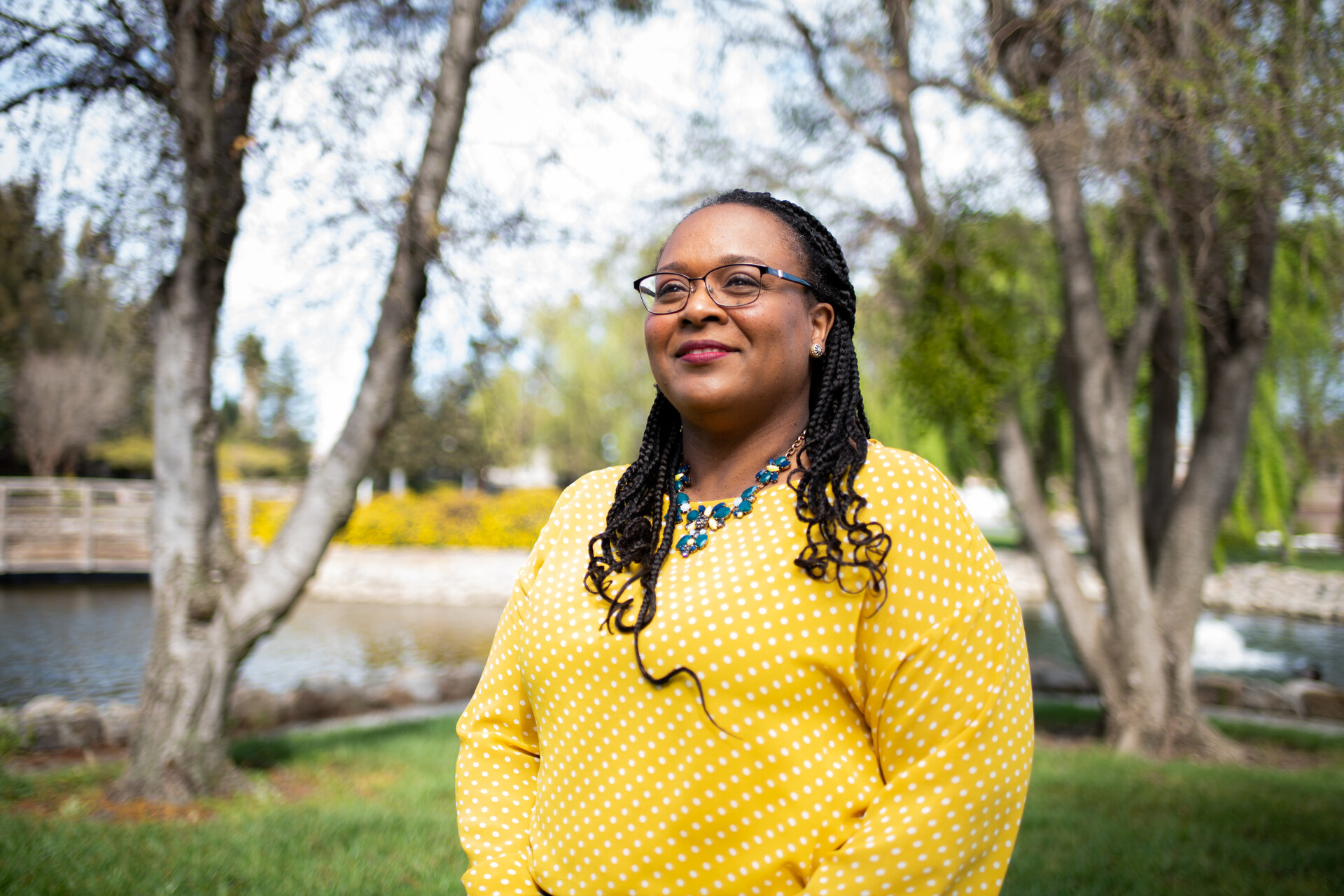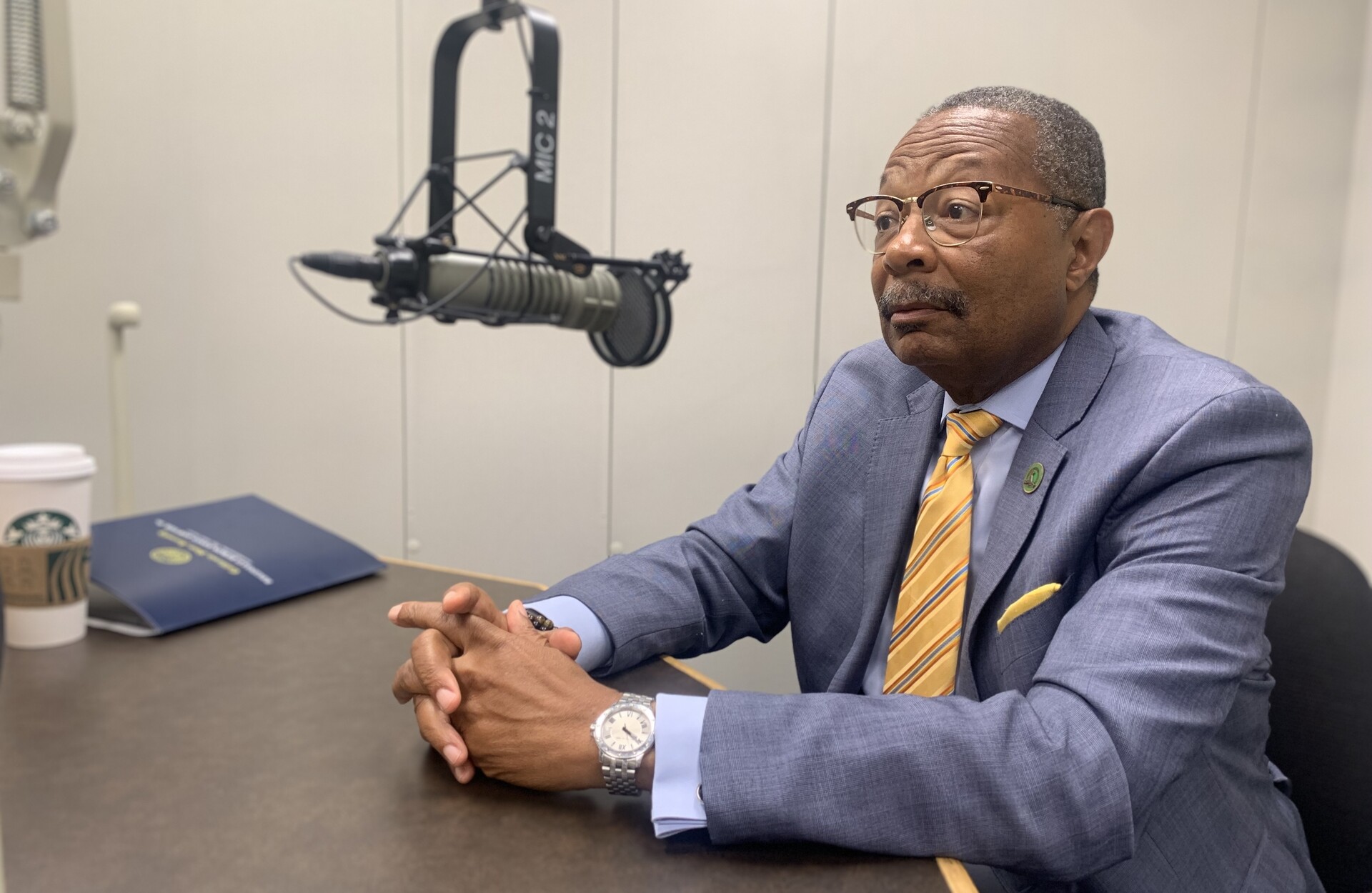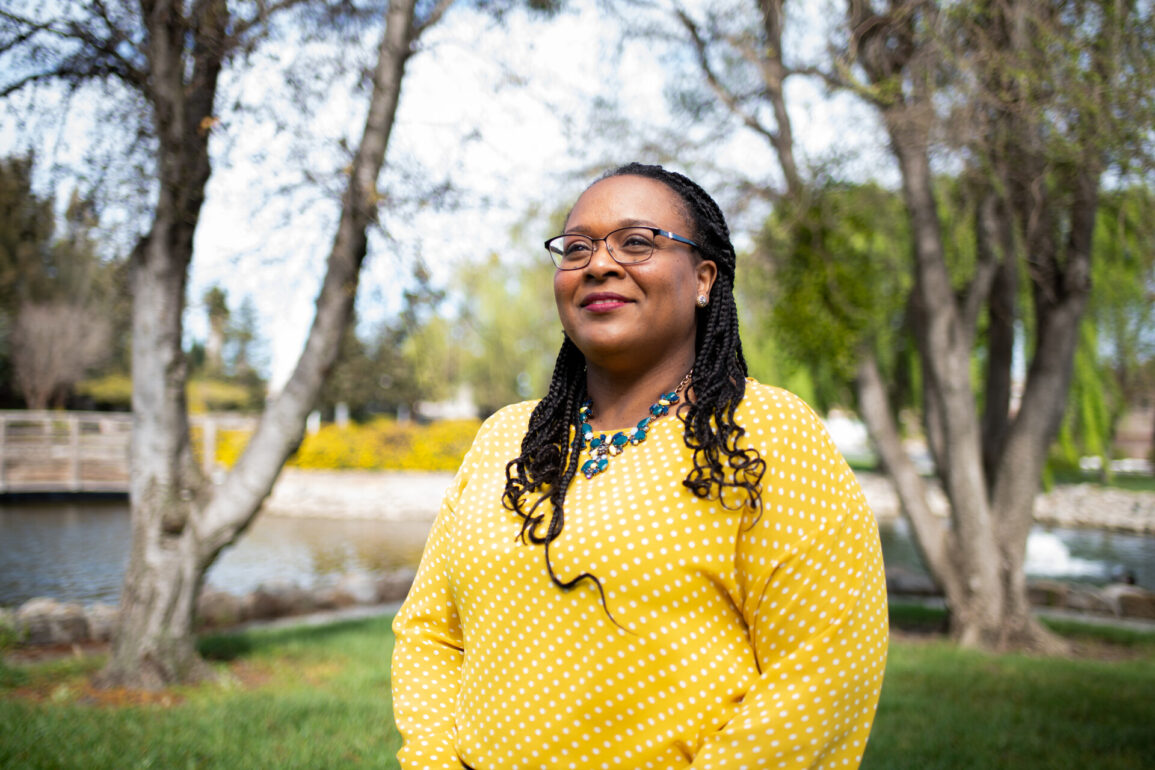Overall, though, the first year of reparations proposals failed to live up to the expectations of many reparations supporters. The bill that many reparations advocates considered the centerpiece of California’s initial attempt to repair harm endured by Black Californians failed to reach Newsom’s desk. SB 1403 would have formed the California American Freedman’s Affairs Agency to administer reparations programs.
At the beginning of the legislative session, Wilson and the leadership of the California Legislative Black Caucus prioritized achievability over ambition. The caucus pursued meaningful and realizable measures, not controversial and potentially transformative ideas like direct cash payments.

Success, Wilson said in the spring, would mean winning approval for all 14 of the CLBC’s original reparations bills in the Legislature. Nine bills ultimately passed the Assembly and Senate.
Newsom signed six into law, including AB 3089, an official apology for state officials who promoted and advanced slavery in California’s earliest days and for “perpetuating the harms African Americans have faced.”
“The State of California accepts responsibility for the role we played in promoting, facilitating, and permitting the institution of slavery, as well as its enduring legacy of persistent racial disparities,” Newsom said in a statement. “Building on decades of work, California is now taking another important step forward in recognizing the grave injustices of the past — and making amends for the harms caused.”
While California entered the nation as a free state, many of the state’s early leaders supported chattel slavery and passed laws to help slave owners recapture free Black people in the state. Multiple enslavers even served in the Legislature.

“Healing can only begin with an apology,” said Assemblymember Reggie Jones-Sawyer (D-Los Angeles), who served on the reparations task force, in a statement. “The State of California acknowledges its past actions and is taking this bold step to correct them, recognizing its role in hindering the pursuit of life, liberty, and happiness for Black individuals through racially motivated punitive laws.”
On Thursday, Newsom signed AB 1815, which expands the definition of race in some state laws to include traits associated with race, such as hairstyles, to widen protections against discrimination. SB 1089 will require supermarkets and pharmacies to provide advanced notice of closures to employees and the surrounding community.
AB 1986 gives the state’s Office of the Inspector General the power to publish a list of books banned in state prisons. But the bill, like others in the CLBC’s reparations package, was watered down before reaching Newsom’s desk.


